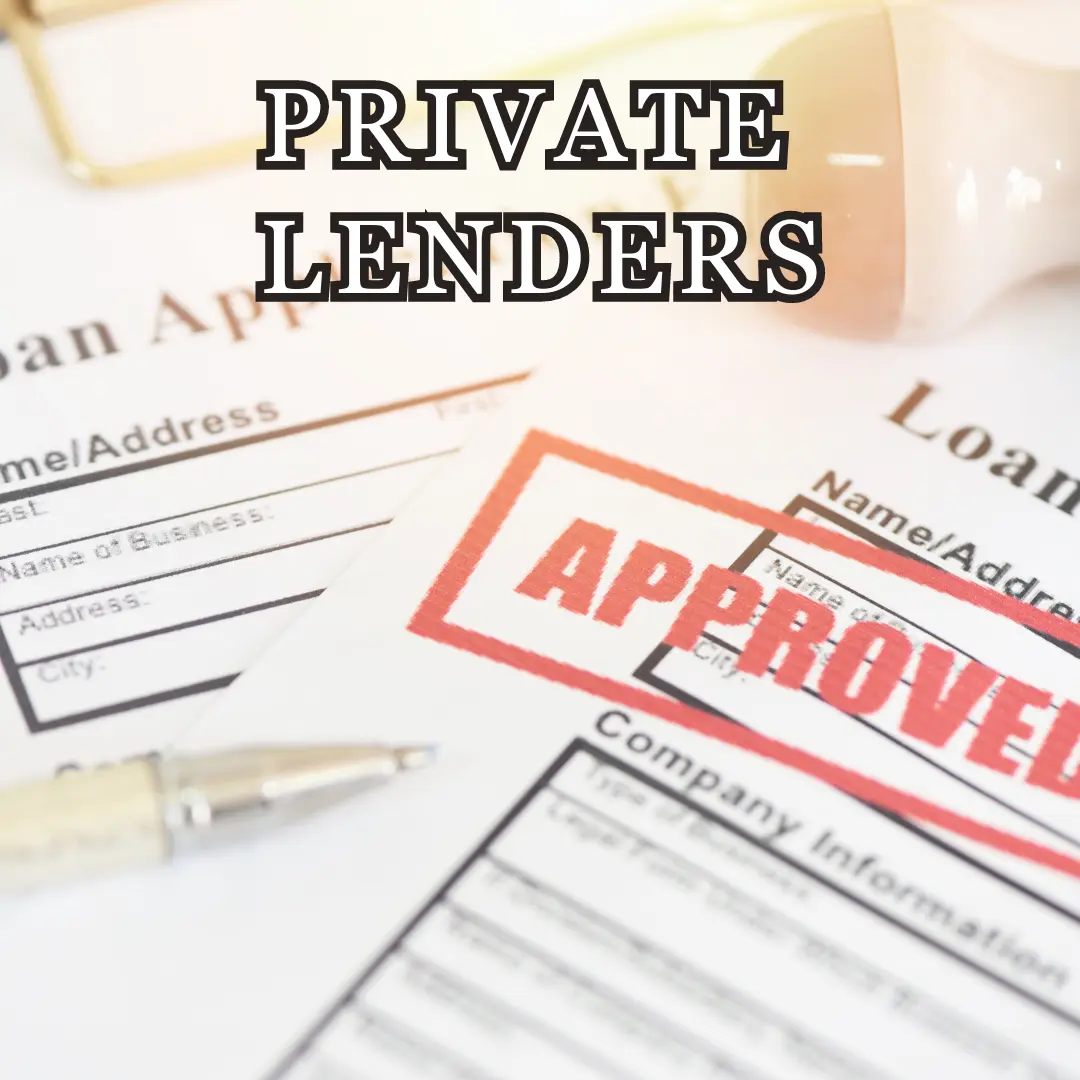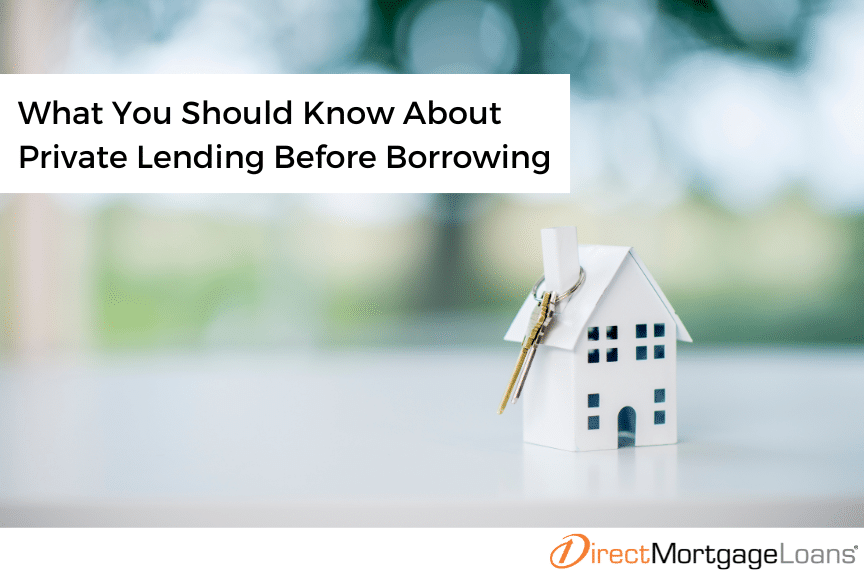How credit score Impacts Loan Approval from private mortgage lenders savannah ga
Exactly how It Works: A Comprehensive Overview to Mortgage Lending for First-Time Purchasers
Steering the globe of mortgage lending can be intimidating for newbie customers. Recognizing the basic parts like principal, passion, and down payments is important. Furthermore, acknowledging the different sorts of mortgage financings and the application procedure can considerably impact one's experience. By exploring key factors that affect rate of interest, purchasers might discover important insights. What else should they take into consideration prior to making such a considerable financial commitment?
Recognizing Mortgage Essentials
When newbie buyers enter the domain name of homeownership, comprehending mortgage fundamentals ends up being vital for making notified decisions. A home mortgage is fundamentally a lending secured by the home being purchased, permitting individuals to acquire a home without paying the full price upfront. Purchasers should recognize crucial components, including principal, interest, tax obligations, and insurance coverage, often summed up as PITI. The principal is the amount borrowed, while interest is the expense of loaning that amount, shared as a portion. Tax obligations and insurance are extra costs that can markedly affect month-to-month repayments. Customers ought to additionally consider the financing term, normally 15 or three decades, which impacts payment quantities and overall rate of interest paid. Understanding credit history is important, as they affect car loan qualification and passion rates. Understanding these essential principles equips newbie customers to browse the mortgage landscape confidently and make choices that line up with their financial goals.
Sorts Of Mortgage Loan
When thinking about mortgage alternatives, new buyers typically come across two primary kinds: fixed-rate and adjustable-rate mortgages. Fixed-rate mortgages provide security with regular settlements over the financing's term, while variable-rate mortgages can offer lower initial rates that might vary with time. Recognizing these distinctions is crucial for making an educated choice.
Fixed-Rate Home loans
Fixed-rate mortgages offer stability and predictability for novice homebuyers steering the intricacies of home financing. With a fixed-rate mortgage, the rate of interest rate remains constant throughout the loan term, typically varying from 15 to three decades. This regular price allows customers to intend their budget plans effectively, understanding that their regular monthly payments will certainly not vary. First-time customers take advantage of this framework as it gets rid of unpredictability in long-lasting financial dedications. Additionally, fixed-rate home mortgages commonly come with reduced initial rates compared to adjustable-rate options, making them an attractive option for those wanting to develop home equity gradually. In general, fixed-rate mortgages use a simple course to homeownership, ideal for individuals looking for long-lasting economic safety and security.
Adjustable-Rate Mortgages
For new homebuyers looking for adaptability, variable-rate mortgages (ARMs) can supply an enticing alternative to fixed-rate lendings. ARMs normally offer lower initial rate of interest prices, making monthly payments a lot more budget friendly in the early years. Nevertheless, these prices change after a first set duration, which can lead to enhanced settlements over time. Debtors need to recognize the index and margin that determine future rate modifications. Typically, ARMs have change durations of one, three, or five years, with routine caps to limit how much rates can increase at each modification. While ARMs can be useful for those intending to offer or refinance before the rate adjusts, they also lug threats if market problems alter significantly. Detailed study is essential for informed decision-making.
The Mortgage Application Process

Key Factors Affecting Passion Prices

Down Repayments and Closing Prices
Understanding deposits and shutting prices is important for newbie buyers, as these costs greatly impact the overall cost of a home loan. A deposit is the preliminary quantity paid towards the home's purchase price, generally expressed as a percentage. It can range from as low as 3% to 20% or even more, relying on the car loan type and loan provider needs. A bigger deposit can minimize month-to-month mortgage payments and eliminate private mortgage insurance (PMI), which protects lenders in instance of default.Closing prices, on the various other hand, encompass various fees sustained throughout the home-buying procedure. These may consist of loan source fees, evaluation charges, title insurance coverage, and attorney fees, typically amounting to 2% to 5% of the home's purchase price. Novice purchasers need to allocate both down repayments and closing prices to ensure they can secure their mortgage and efficiently navigate the home-buying procedure.
Tips for First-Time Homebuyers
What important pointers can newbie homebuyers comply with to navigate the often tough process of acquiring a home? Initially, establishing a sensible budget is vital. Buyers must assess their monetary scenario, consisting of income, costs, and possible mortgage repayments. Next off, obtaining pre-approval for a home mortgage can provide quality on what one can afford and enhance their placement when making an offer.Researching neighborhoods is similarly vital; purchasers should consider aspects such as amenities, institutions, and future growths. Additionally, it is suggested to collaborate with a qualified realty representative who can provide beneficial insights and assistance throughout the purchasing process.Home examinations should not be neglected, as they can reveal concealed concerns that might influence lasting satisfaction. important link Purchasers ought to remain client and flexible, recognizing that locating the appropriate home might take time. By complying with these ideas, newbie property buyers can approach the market find more with confidence and understanding.
Regularly Asked Inquiries
What Records Are Required for Mortgage Pre-Approval?
For mortgage pre-approval, people generally require to give earnings verification, work background, credit score reports, tax returns, bank declarations, and information of any type of debts (Private Mortgage Lenders Savannah GA). These documents assist loan providers evaluate financial capability and establish lending qualification
Can I Obtain a Mortgage With Bad Credit History?

Many lenders take into consideration applicants with poor credit scores, though terms might differ. Greater rate of interest prices or larger deposits can be required. Checking out alternatives with specialized lenders or federal government programs can likewise boost chances for approval.
For how long Does the Mortgage Authorization Process Take?
The mortgage approval process normally takes between 30 to 45 days. Elements influencing this timeline consist of the lending institution's efficiency, the borrower's monetary paperwork, and the intricacy of the car loan application. Delays may take place as a result of additional requirements.
What Happens if I Miss a Home Loan Repayment?
If a home loan settlement is missed out on, late costs might be sustained, and credit report can endure. Extended non-payment might cause repossession procedures, triggering the lending institution to recover the home after a collection of cautions.
Can I Refinance My Mortgage Later?
Refinancing a home mortgage later on is typically possible, allowing property owners to adjust their lending terms, interest prices, or month-to-month payments. Qualification depends on credit score ratings, current market problems, and the existing mortgage's terms.